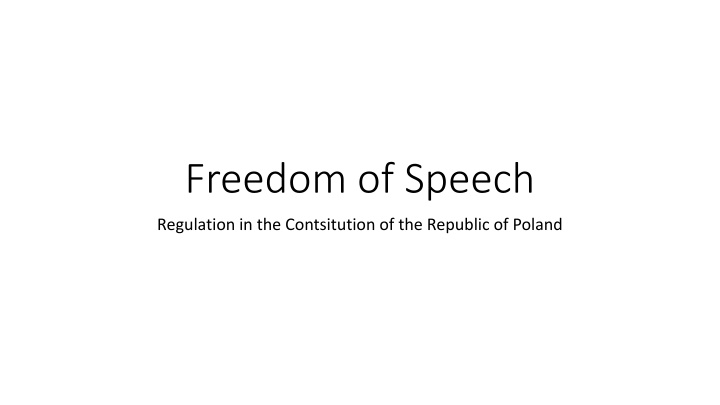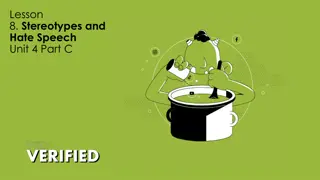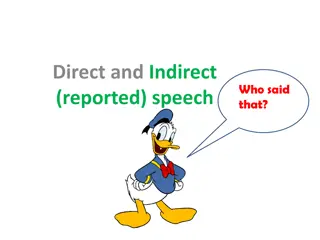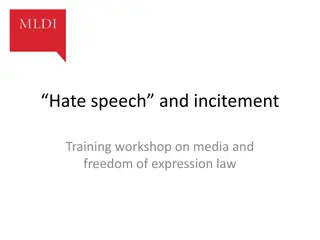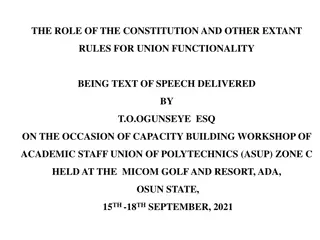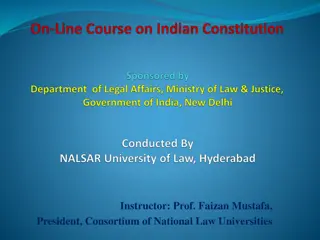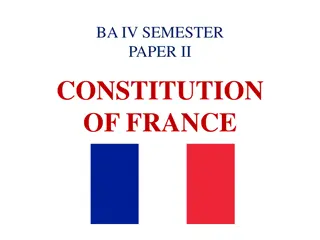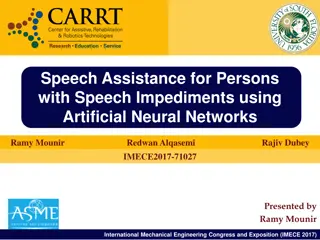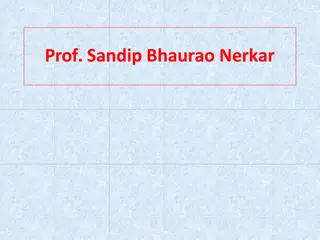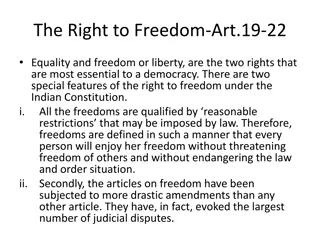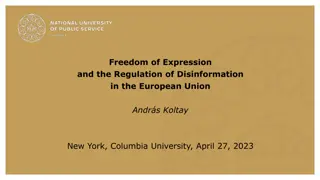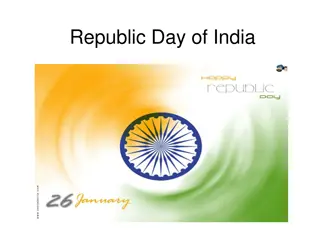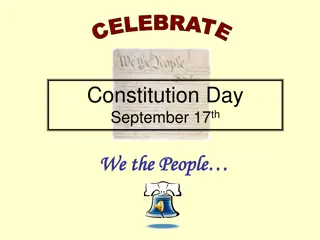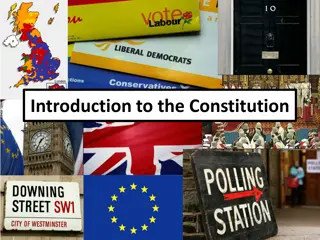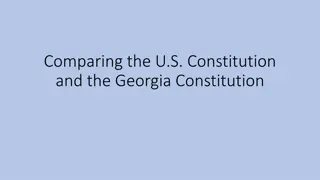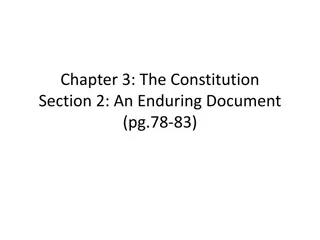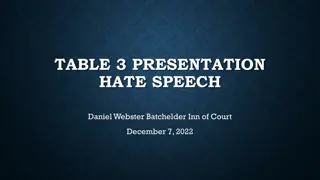Freedom of Speech Regulation in the Constitution of the Republic of Poland
The Constitution of the Republic of Poland guarantees freedom of speech and expression, ensuring the rights of individuals to hold opinions, seek, receive, and share information across various media. International agreements and laws further protect these rights, emphasizing the importance of respecting others and national security. The Polish constitution explicitly safeguards freedoms related to the press, communication, and artistic creativity. Restrictions on speech are limited and subject to legal provisions.
Download Presentation

Please find below an Image/Link to download the presentation.
The content on the website is provided AS IS for your information and personal use only. It may not be sold, licensed, or shared on other websites without obtaining consent from the author.If you encounter any issues during the download, it is possible that the publisher has removed the file from their server.
You are allowed to download the files provided on this website for personal or commercial use, subject to the condition that they are used lawfully. All files are the property of their respective owners.
The content on the website is provided AS IS for your information and personal use only. It may not be sold, licensed, or shared on other websites without obtaining consent from the author.
E N D
Presentation Transcript
Freedom of Speech Regulation in the Contsitution of the Republic of Poland
International law Article 87 The sources of universally binding law of the Republic of Poland shall be: the Constitution, statutes, ratified international agreements, and regulations. Article 91 After promulgation thereof in the Journal of Laws of the Republic of Poland (Dziennik Ustaw), a ratified international agreement shall constitute part of the domestic legal order and shall be applied directly, unless its application depends on the enactment of a statute.
Universal Universal Declaration Declaration of Human of Human Rights Rights(1948) (1948) Article 19. Everyone has the right to freedom of opinion and expression; this right includes freedom to hold opinions without interference and to seek, receive and impart information and ideas through any media and regardless of frontiers. Article 27. (1) Everyone has the right freely to participate in the cultural life of the community, to enjoy the arts and to share in scientific advancement and its benefits. (2) Everyone has the right to the protection of the moral and material interests resulting from any scientific, literary or artistic production of which he is the author.
International Covenant on Civil and Political Rights International Covenant on Civil and Political Rights Article 19 1. Everyone shall have the right to hold opinions without interference. 2. Everyone shall have the right to freedom of expression; this right shall include freedom to seek, receive and impart information and ideas of all kinds, regardless of frontiers, either orally, in writing or in print, in the form of art, or through any other media of his choice. 3. The exercise of the rights provided for in paragraph 2 of this article carries with it special duties and responsibilities. It may therefore be subject to certain restrictions, but these shall only be such as are provided by law and are necessary: (a) For respect of the rights or reputations of others; (b) For the protection of national security or of public order (ordre public), or of public health or morals.
Polish constitution Article 14 The Republic of Poland shall ensure freedom of the press and other means of social communication. Article 54 1. The freedom to express opinions, to acquire and to disseminate information shall be ensured to everyone. 2. Preventive censorship of the means of social communication and the licensing of the press shall be prohibited. Statutes may require the receipt of a permit for the operation of a radio or television station.
Article 49 The freedom and privacy of communication shall be ensured. Any limitations thereon may be imposed only in cases and in a manner specified by statute. Article 73 The freedom of artistic creation and scientific research as well as dissemination of the fruits thereof, the freedom to teach and to enjoy the products of culture, shall be ensured to everyone.
Article 30 The inherent and inalienable dignity of the person shall constitute a source of freedoms and rights of persons and citizens. It shall be inviolable. The respect and protection thereof shall be the obligation of public authorities. Article 31 1. Freedom of the person shall receive legal protection. 2. Everyone shall respect the freedoms and rights of others. No one shall be compelled to do that which is not required by law. 3. Any limitation upon the exercise of constitutional freedoms and rights may be imposed only by statute, and only when necessary in a democratic state for the protection of its security or public order, or to protect the natural environment, health or public morals, or the freedoms and rights of other persons. Such limitations shall not violate the essence of freedoms and rights.
